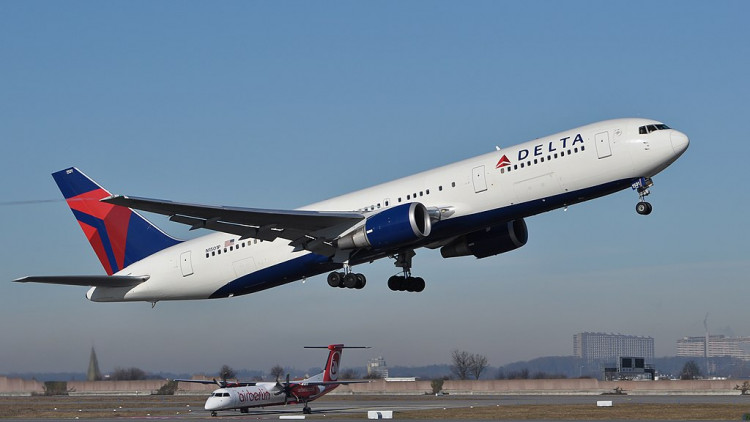Air travel across the United States continued to deteriorate Monday as the Federal Aviation Administration limited capacity at dozens of major airports during the record-length federal government shutdown. More than 1,500 flights were canceled nationwide early Monday and hundreds more delayed, according to FlightAware, with disruptions expected to intensify through the week.
The cancellations follow what FlightAware described as the worst day for U.S. air travel since the shutdown began. Nearly 3,000 flights were canceled Sunday and more than 10,800 delayed, signaling strains throughout the aviation system as unpaid air traffic controllers increasingly stop reporting for duty.
By Monday morning, Hartsfield-Jackson Atlanta International Airport - the busiest in the country - had canceled 11% of arriving flights and 5% of departures, totaling more than 200 flights. Chicago O'Hare and Chicago Midway saw more than 400 combined cancellations. In New York, LaGuardia canceled 61 departures (10%) and 58 arrivals (10%), Newark dropped 47 outgoing flights (8%) and 39 incoming (6%), and JFK canceled 30 outbound (4%) and 49 inbound (7%).
The FAA has begun reducing air traffic volume to match staffing levels. The agency initially imposed a 4% cut to scheduled flights; that threshold is set to increase to 6% Tuesday and 10% by the weekend across 40 of the nation's highest-traffic airports.
Transportation Secretary Sean Duffy said the situation remains fluid and could worsen substantially. On Fox News Sunday, Duffy warned that airlines may face "additional flight cuts of up to 20%" if controller staffing continues to decline. He added, "More controllers aren't coming to work day by day, the further they go without a paycheck."
The strain reflects deeper challenges that predate the shutdown. The U.S. has faced a shortage of air traffic controllers for years, and multiple administrations have attempted to persuade senior staff to delay retirement. The current shutdown has accelerated departures, with some controllers choosing to exit early rather than continue working without pay.
At airports that have not yet been hit by cancellations, significant delays are mounting. Newark, Orlando, Chicago, and Detroit all faced departure delays exceeding one hour Monday morning, with wait times expected to increase throughout the day. The shortage has also hindered airlines' ability to reposition aircraft, crews and support staff, compounding the operational bottlenecks.
This is the second pay period during which air traffic controllers have not received wages. Nick Daniels, head of the air traffic controllers union, is scheduled to hold a press conference Monday to discuss the growing safety and workforce implications.
While the Senate has taken a procedural step toward reopening the government, final passage could take several days. Even if a funding agreement is reached immediately, industry analysts warn it may take weeks for flight schedules, staffing levels and aircraft positioning to stabilize.






